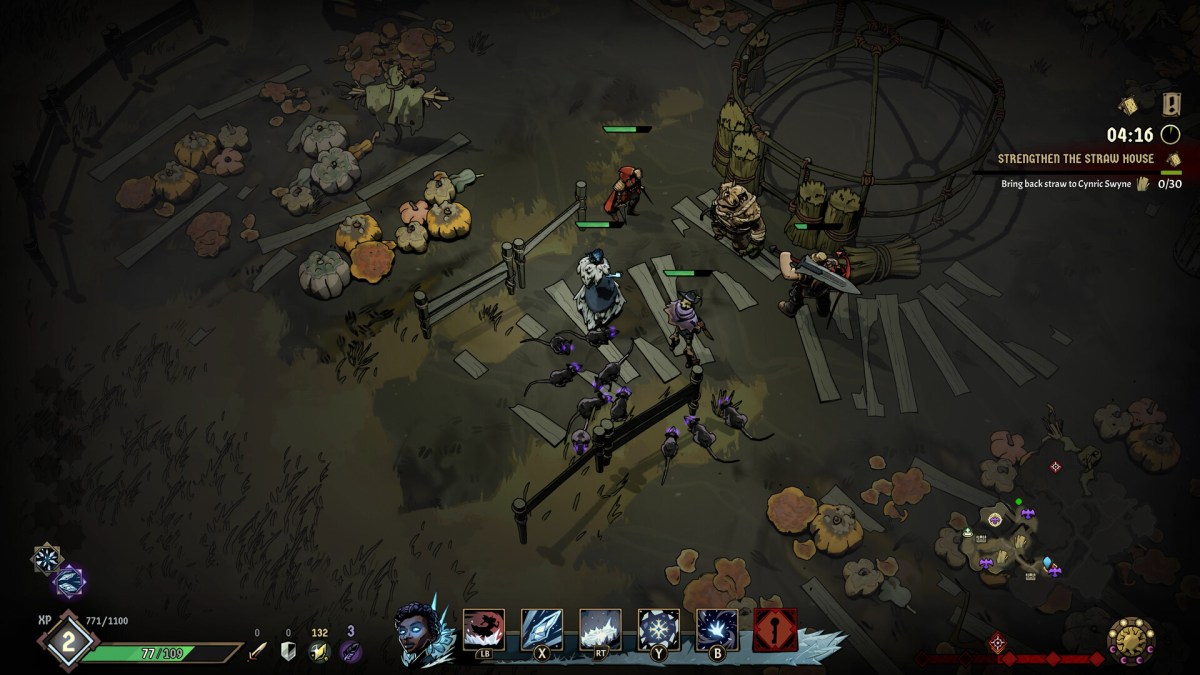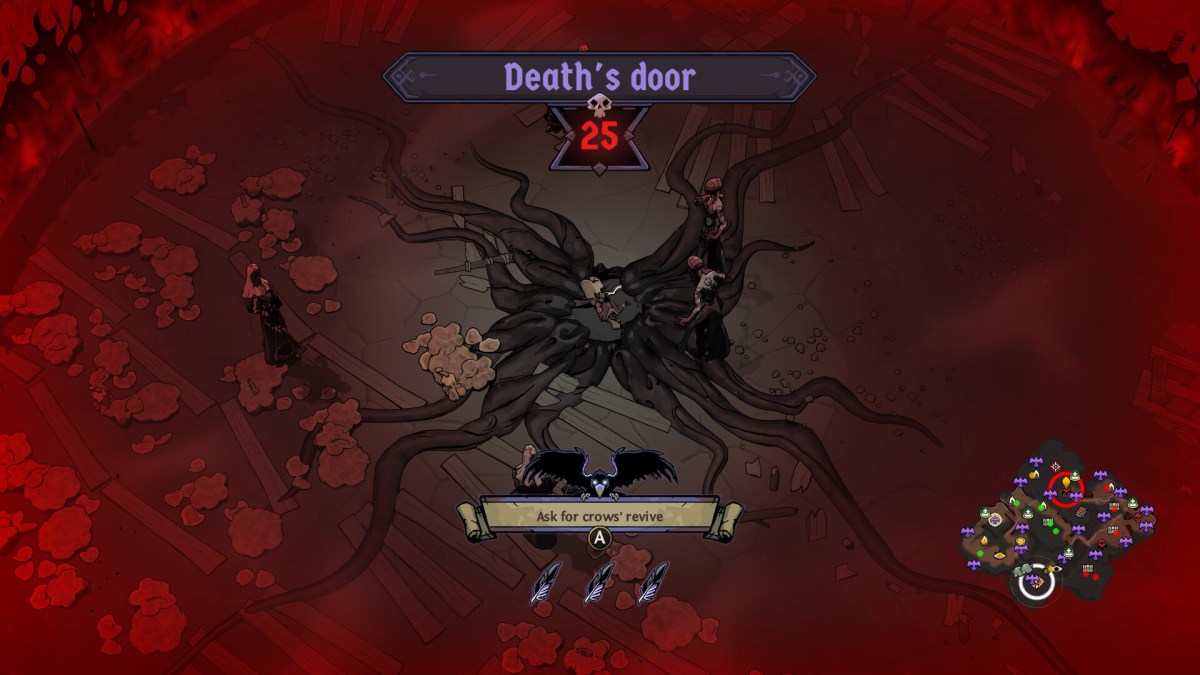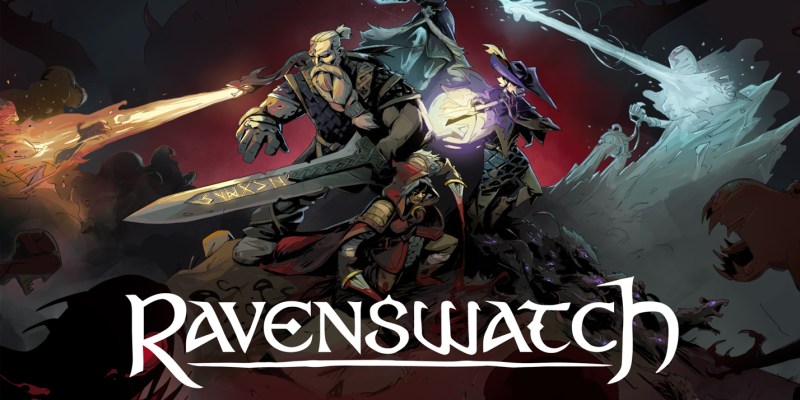I’ve been having a blast with Ravenswatch, but I’ve been left with a wolfish hunger for more. I’m a roguelike fan for several reasons: Firstly, the act of repetition and mastery is soothing for me. Secondly, being able to knock out a few runs without needing to invest myself in a larger campaign allows me to devour the game’s systems in chunks. Thirdly, I like to occasionally become a god.
Roguelikes live and die based on how their modifiers mix. In any other game, the average roguelike’s ability selection would ruin the power balance. This game-breaking nonsense is permitted in games like Hades and Risk of Rain 2 because a given run has a definite endpoint. Other genres, if they want to have these monstrous builds, must bury them under layers of complexity and loot grinding — and even then, it’s not a safe bet that they’ll go un-nerfed.
This is fair, as playing an unkillable monster would get boring after a few hours. In roguelikes, however, the shot of dopamine you get when the difficulty drops by your zany science designs is incredible. Ravenswatch, in its current state, fulfills the “difficulty” portion of this formula – it’s hard as nails. But until summer runs around, Ravenswatch will always snatch your divinity away from you just a few minutes too soon.
Ravenswatch is the latest effort from Curse of the Dead Gods developer Passtech Games. It enjoys some DNA from Risk of Rain 2 and even the ill-fated Battlerite with its MOBA-like heroes and isometric perspective.

It also has a stern time limit baked into its design. Any run through the lands of Reverie lasts around 24 minutes, cycling through several day-and-night cycles before you’re ripped towards the boss — a “Master Nightmare.” Once you’ve beaten this boss, your run’s over. There’s a scaling difficulty modifier a la Slay the Spire’s Ascension difficulties, but there’s no way to extend your run itself.
This unfortunately makes your brief glimpses of godhood incredibly fleeting. Every run of Ravenswatch feels like you’re being pulled out of the driver’s seat just as you’re picking up speed. This is technically fine, as it’s an early-access game; Ravenswatch has the right to an incomplete progression loop. But it also means I won’t devour it like I do other early-access games of its type — at least not until later in the year.
Passtech Games has given us a full roadmap for the game. This spring, we’ll get a new hero, additional ultimate abilities, and a new teleport system. None of these changes will make your runs any longer though; they’ll just give you more routes to take through them. The broken build nonsense I love — an explosive chemistry of fun skill interactions and synergies — will have to wait until summer for the new map and Master Nightmare.

I get a vampiric sort of hunger for early-access titles like this, when I know that their fully realized state will have me hooked for an unhealthy amount of time. I can’t help but wonder if there were ways to avoid these growing pains. While an endless or a horde mode might not suit the game’s eventual design ethos (and I’m not naive enough to think it’s as simple as flipping a switch), the rogue-liker in me still desperately wants them.
This problem also presents itself in the game’s “Nightmare” difficulties. The fun from finding your power in a roguelike comes from suddenly being able to scale a cliff that was impossible beforehand. At the moment, Ravenswatch only lets you get a taste of that. These extra difficulty levels are all cliff, no power.
Curse of the Dead Gods became one of my favorite roguelikes over time, so I’ve faith in the fable that Passtech Games is writing. I also know, however, that the continued successes of games like Ravenswatch are typically based on their early-access showings. I can only hope that my interest won’t have simmered by the time summer comes around, as this is one game I don’t want to suffer a grim fate.
